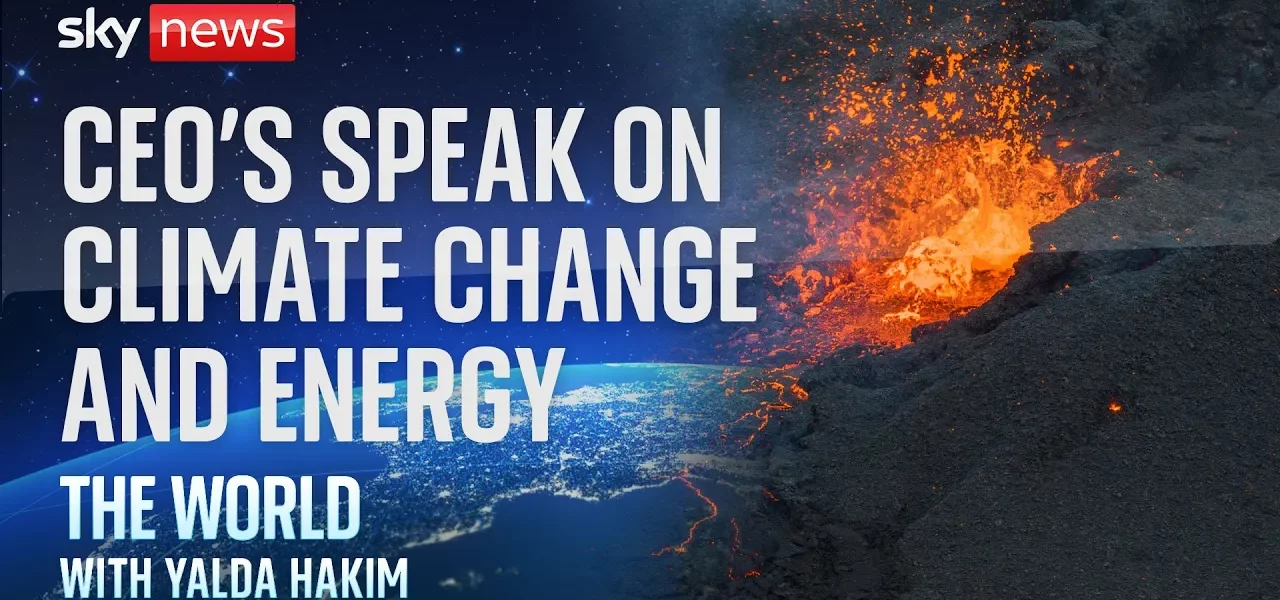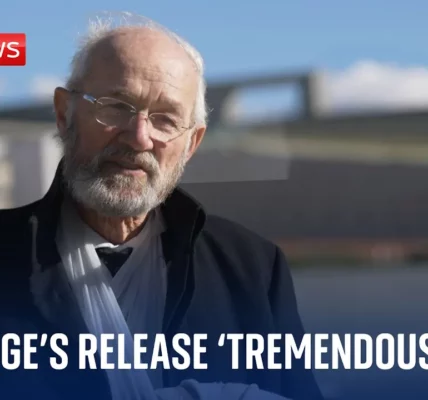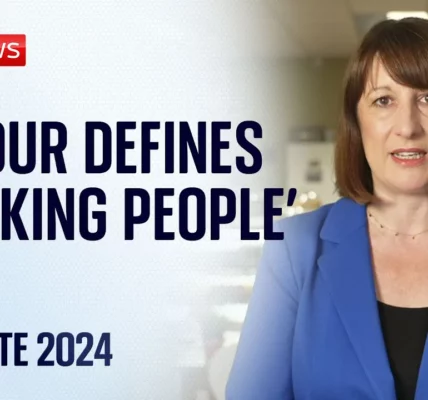Revolutionizing Air Travel and Building Efficiency: Innovations by Aeroscape and Zavia

In this article, we explore the groundbreaking technologies being developed by Aeroscape and Zavia, two companies at the forefront of revolutionizing air travel and building efficiency. Their innovative solutions aim to tackle significant challenges such as energy waste in buildings and carbon emissions in aviation, offering a sustainable future for both industries.
Introduction to Aeroscape: Addressing Energy Waste in Buildings
Aeroscape is tackling a critical issue in the construction industry: energy efficiency in buildings. The company is dedicated to sealing air leaks in building envelopes and ducts, a problem that significantly contributes to energy waste. With approximately 50% of energy consumed in buildings used for heating and cooling, a substantial portion of this energy is lost due to leaks. Aeroscape’s innovative approach involves pressurizing spaces and injecting a safe sealant material, effectively reducing energy loss and improving overall efficiency.
The Problem of Air Leaks in Buildings
Air leaks in buildings are a pervasive issue, particularly in the UK, where many homes are known for their draftiness. These leaks not only compromise the comfort of residents but also lead to excessive energy consumption. Aeroscape’s technology addresses this problem directly by:
- Identifying air leaks throughout the building envelope.
- Using a pressurized system to inject a sealant that effectively closes these leaks.
- Reducing the energy required for heating and cooling.
As a result, the company is aiming to standardize this sealing process in new homes, significantly improving energy efficiency and potentially lowering energy bills for homeowners.
Accelerating Adoption in the UK Housing Market
Aeroscape is making strides in the UK housing market, although progress has been slower than desired. The company plans to collaborate with builders to seal hundreds of homes this year, with an ambitious goal of expanding to thousands in the coming year. The technology promises to:
- Enhance the affordability of home construction.
- Reduce the time required for builders to seal homes from days to mere hours.
- Achieve passive home-level air leakage, improving overall efficiency.
This swift sealing process will not only make homes more energy-efficient but also contribute to addressing the housing crisis exacerbated by high energy prices.
Transitioning to Existing Homes
Beyond new constructions, Aeroscape is exploring ways to retrofit existing homes to enhance energy efficiency. The current focus is on sealing air ducts in the US, with plans to expand to UK homes soon. This initiative highlights the company’s commitment to:
- Developing a dealer network for wider reach.
- Collaborating with government initiatives to promote energy-efficient homes.
- Addressing the needs of the developing world by providing affordable sealing solutions.
By prioritizing these efforts, Aeroscape aims to make significant contributions to energy conservation in various housing markets.
Zavia: Pioneering Clean Aviation Technologies
While Aeroscape focuses on building efficiency, Zavia is revolutionizing air travel with its innovative hydrogen-based engines. As one of the most polluting sectors, aviation has come under scrutiny for its carbon emissions. Zavia aims to mitigate this by developing:
- Hydrogen engines that produce zero emissions.
- Electric propulsion systems to eliminate combustion-related emissions.
- Technologies that significantly reduce the overall climate impact of aviation.
This shift towards sustainable aviation is essential as the industry grapples with its environmental footprint.
Collaboration with Major Airlines
Since its inception, Zavia has garnered interest from major airlines, securing over 2,000 pre-orders for its engines. Collaborations with industry leaders such as United Airlines and British Airways underscore the viability of Zavia’s approach. The company’s commitment to:
- Reducing carbon footprints through innovative technology.
- Fluctuating the operational costs associated with traditional fossil fuels.
- Launching commercial flights with hydrogen engines within two years.
These partnerships signify a collective effort to transition the aviation industry towards a more sustainable future.
The Future of Aviation and Building Efficiency
As both Aeroscape and Zavia work towards their respective goals, the future of air travel and building efficiency looks promising. The key takeaways from their innovative approaches include:
- Enhanced energy efficiency in residential and commercial buildings.
- A shift towards clean aviation technologies that significantly reduce carbon emissions.
- Collaboration between private companies and governments to drive sustainable practices.
These advancements not only address current environmental challenges but also pave the way for a more sustainable future in both industries.
Conclusion: A Call to Action for Sustainable Practices
In conclusion, the efforts of Aeroscape and Zavia highlight the importance of innovation in combating energy waste and carbon emissions. By adopting these technologies, we can significantly impact the future of building efficiency and air travel. It is crucial for consumers, builders, and policymakers to support these initiatives to promote a greener, more sustainable world. For more information on energy efficiency and sustainable aviation, check out our related articles.
“`




